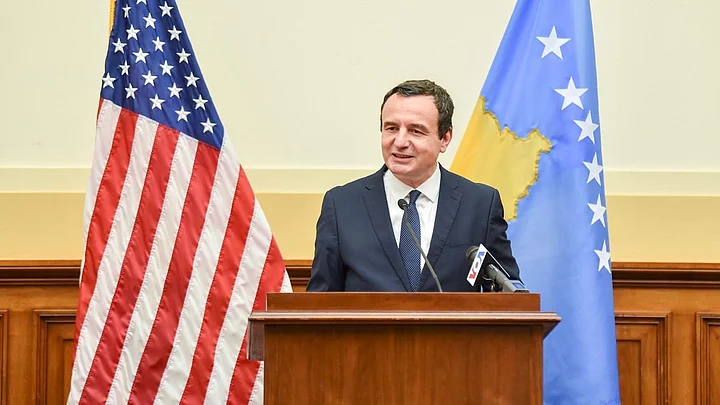The government of Kosovo has delayed the implementation of rules that would force people who live in majority ethnic-Serb areas to change the number plates of their Serbian-issued cars to Kosovan-issued ones, the BBC reported on Monday, 1 August.
The rules were supposed to go into effect at midnight on Monday but a day before that, ethnic Serbs in the northern part of the country blocked roads and fired shots in protest.
"The overall security situation in the Northern municipalities of Kosovo is tense," read the statement of KFOR, the NATO-led mission to Kosovo.
The implementation had already been delayed for a month due to constant consultations with the European Union and the United States.
US Ambassador Jeffrey Hovenier said that the delay in the enforcement of the rules happened "because it seems that there was misinformation and misunderstanding about the decision," according to the BBC.
Kosovo-Serbia Tensions
In February 2008, Kosovo, a partially recognised state in southeast Europe, unilaterally declared independence from Serbia.
There have been decades of tensions between Kosovo's Albanian and Serb communities throughout the 20th century. Major violence had led to the Kosovo War of 1998-1999.
Kosovo has been recognised by the US and major EU countries like Germany (the second largest donor to Kosovo) and France, among others. On the other hand, Serbia, backed by Russia, does not recognise Kosovo as an independent nation.
India also does not recognise Kosovo as an independent nation.
(With inputs from the BBC and Reuters.)
(At The Quint, we question everything. Play an active role in shaping our journalism by becoming a member today.)
